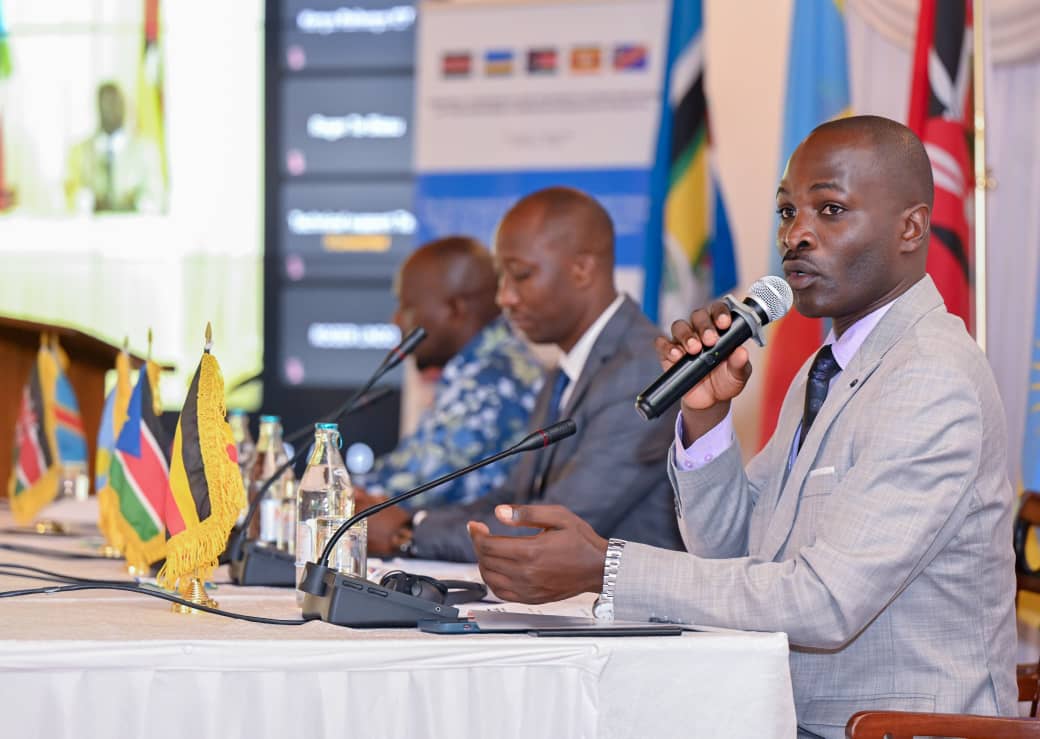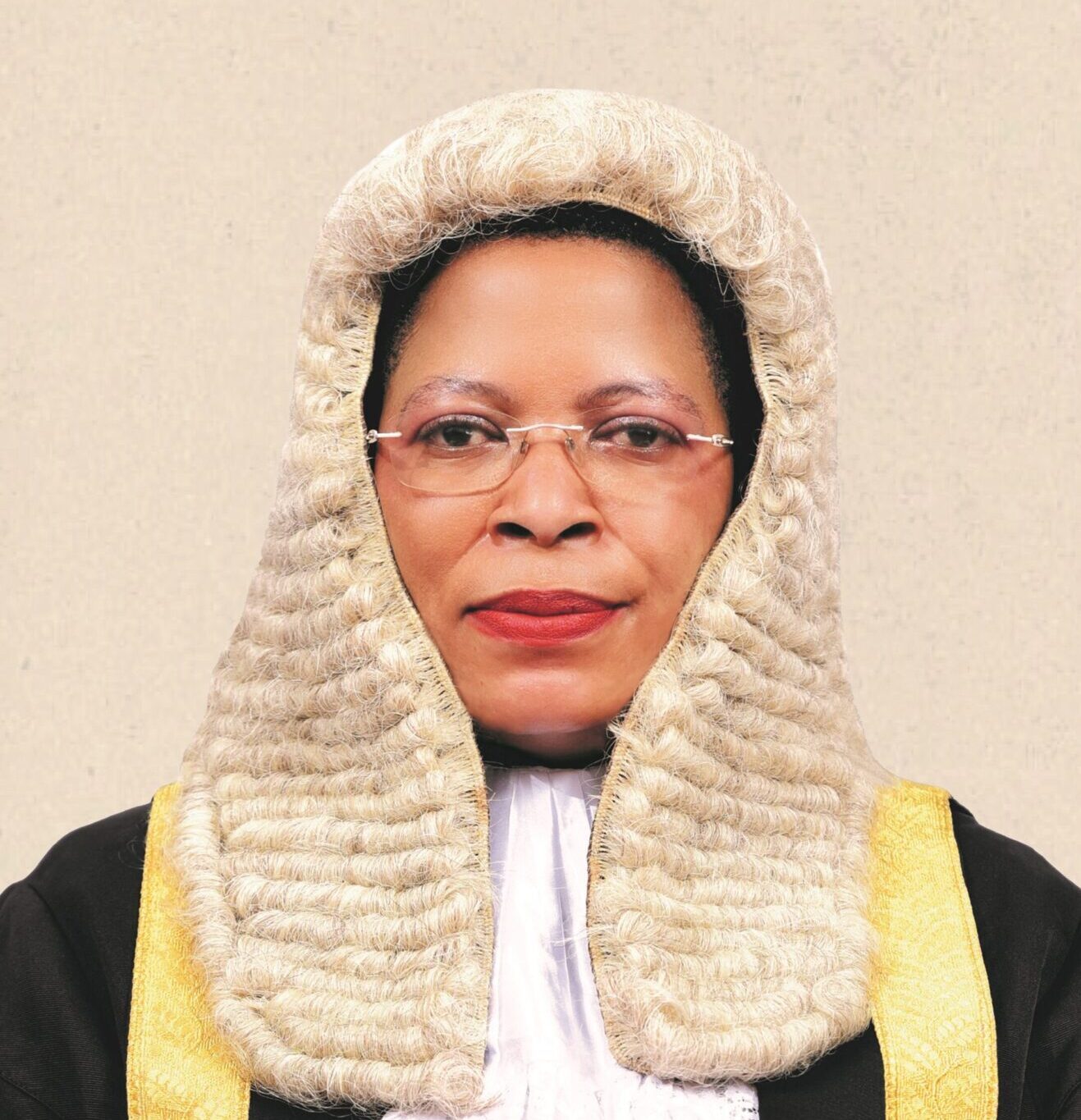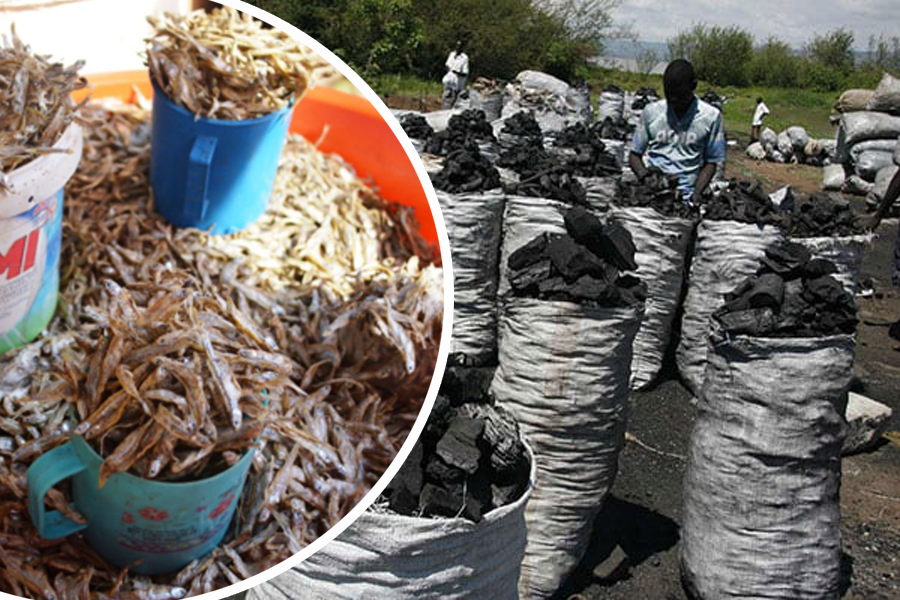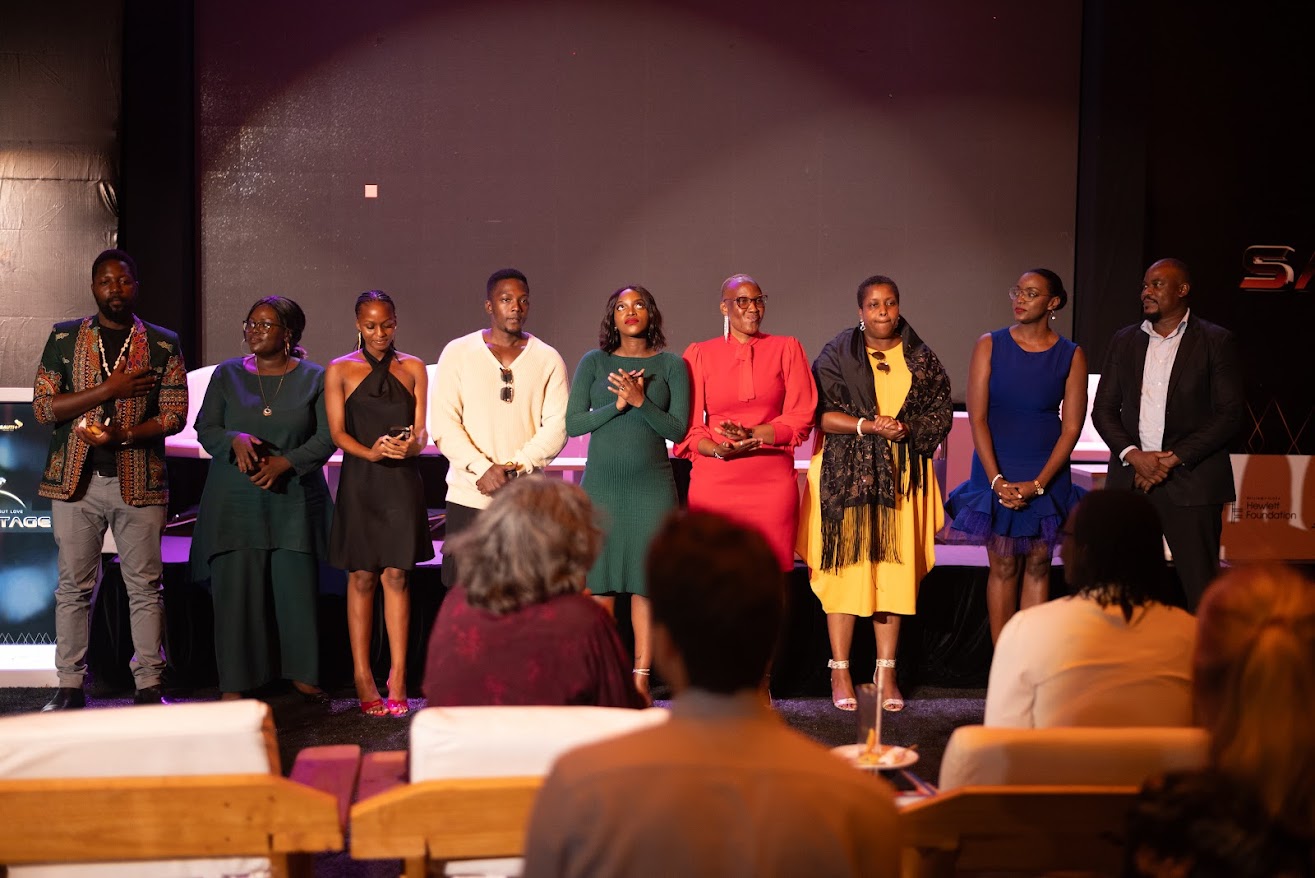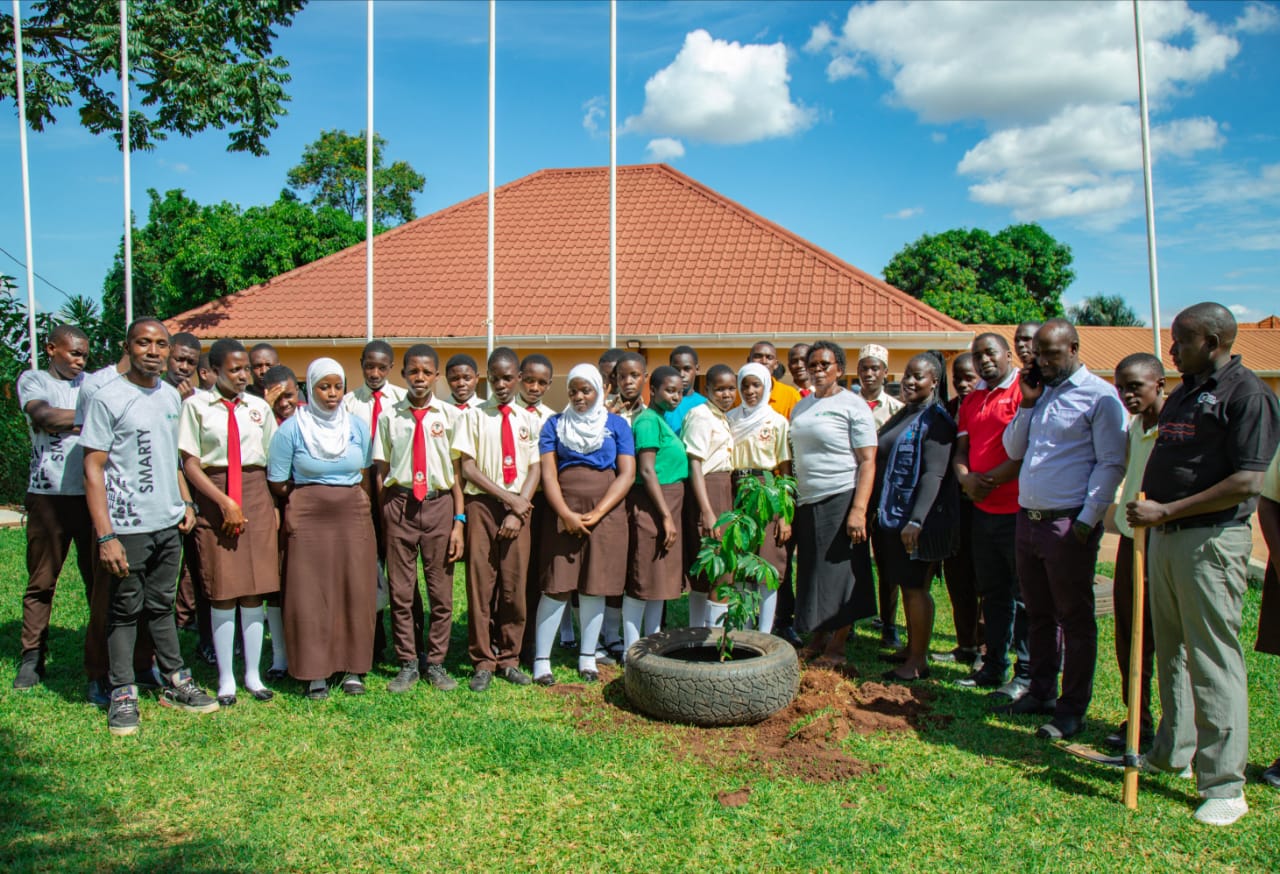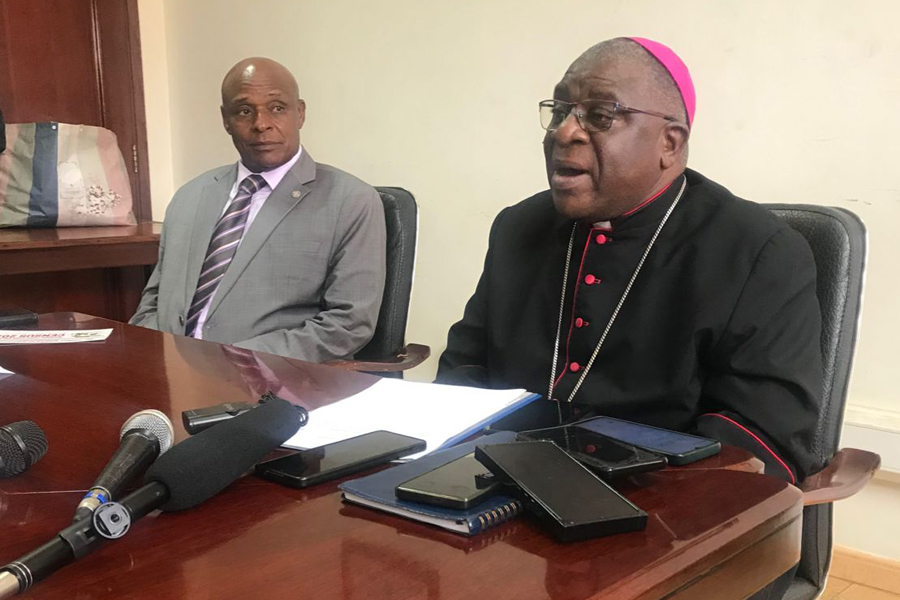Ecocide in the Congo: Robbing Africa's children of their rights and childhood

By Linet Nabwire
In the heart of Africa, specifically in the Democratic Republic of Congo, a tragic consequence of climate change unfolds.
The scale and impact of ecocide have not only ravaged the environment but also directly affected the lives of children, stripping them of their rights and robbing them of their childhood.
This article sheds light on the plight of these children who are forced to work in cobalt mines, perpetuating a cycle of poverty and inequality.
The devastating link between ecocide and child labour
Ecocide refers to the extensive destruction of ecosystems and the severe damage inflicted upon the environment as a result of human activities.
The climate crisis, which is a significant driver of ecocide, has intensified the struggle for affected communities. In the Congo, where cobalt mining is a major industry, climate change has exacerbated resource scarcity, pushing families into extreme poverty.
Forced into back-breaking work without proper protection or compensation, children as young as seven face grueling conditions in cobalt mines. These children, the backbone of their families' survival, work tirelessly day after day, earning a mere $2.50 per day.
With their meager incomes being handed over to their mothers, who strive to meet basic household needs and cover educational expenses, this unyielding burden dampens their hopes and future aspirations.
Widespread impact on childhood and education
The consequences of this ecological crisis extend far beyond the confines of the mines. The exploitation of children results in the violation of their most basic human rights, including their right to live, grow, and thrive.
The heavy physical labor they endure deprives them of their childhood, as they are denied the opportunity to play, learn, and develop like any other child. Their innocence is lost, replaced by a forced adulthood thrust upon them by circumstances beyond their control.
Additionally, the cycle of poverty perpetuates itself through the denial of education. These children must work to support their families, leaving little time or resources to pursue an education.
Education, a fundamental right for every child, is a key to breaking the chains of intergenerational poverty.
By robbing these children of access to quality education, ecocide further entrenches the social and economic disparities they face.
Addressing the crisis: The role of climate justice advocates
The destructive impact of ecocide on Africa's children calls for immediate and comprehensive action. It requires a unified effort from the international community, governments, and civil society organizations to address the root causes of this tragedy.
Climate justice advocates play a crucial role in raising awareness, mobilizing resources, and advocating for policy changes.
Organizations like the Climate Transformation Network are at the forefront of driving change by focusing on empowering affected communities, especially women and children.
By providing support, education, and sustainable livelihood options, such organizations strive to break the cycle of poverty and exploitation inflicted upon these vulnerable individuals.
Conclusion
The ecological devastation caused by ecocide in the Congo has left deep scars on the lives of children, stealing their rights to a protected childhood and access to education.
These children, burdened by forced labor and economic responsibilities, pay the price for climate change they did not cause.
Urgent action is needed to address the root causes of ecocide and its devastating impact on the lives of Africa's children.
Governments, international bodies, and concerned individuals must come together to create and enforce regulations that protect the rights and well-being of vulnerable communities.
Only then can we ensure a more just and sustainable future, where every child has the opportunity to grow, learn, and fulfill their potential.
Linet Nabwire is a passionate climate justice advocate
Team lead and founder of Climate Transformation Network(CTN)



